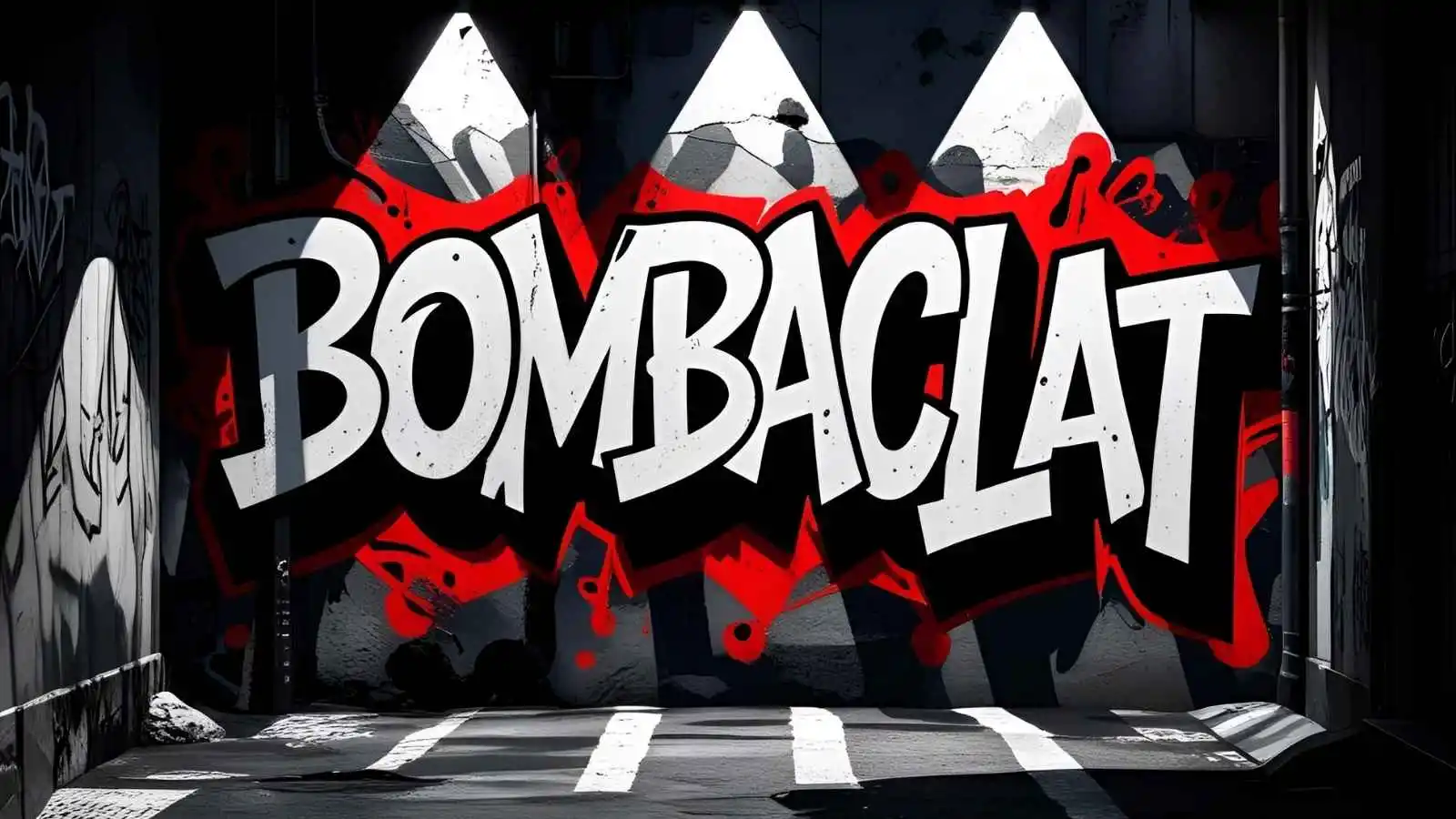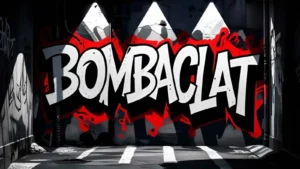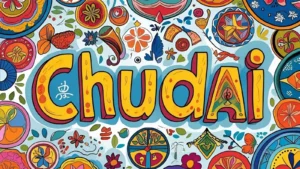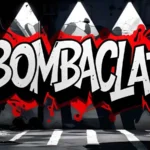In today’s digital world, words, slang, and phrases evolve rapidly—often crossing cultural and linguistic boundaries. One such word that’s gone viral across platforms like Twitter, TikTok, and Instagram is “bombaclat” (also spelled “bumbaclot” or “bumboclaat”). If you’ve ever come across this term and found yourself puzzled by its meaning, tone, or appropriate usage, you’re not alone.
This in-depth article will break down everything you need to know about the meaning of “bombaclat”, where it comes from, how it’s used in 2025, and what alternatives you can use—whether you’re aiming to sound casual, respectful, or professional.
🔍 What Does “Bombaclat” Mean?
Bombaclat is a word with Jamaican Patois origins. Traditionally, it’s considered a vulgar curse word used to express anger, shock, or frustration. It literally refers to a menstrual cloth (or toilet paper, in some contexts), which contributes to its offensive tone in Caribbean culture.
However, in 2025, the term has transcended its original meaning, especially among younger generations online. It’s often used as an exclamatory expression, similar to how people might use “WTF” or “Damn” in casual conversation.
⚠️ Important: In Jamaica, this term is still considered very offensive and disrespectful. Its casual use online by those unfamiliar with the culture can lead to misunderstandings or accusations of cultural appropriation.
🌍 Origins and Cultural Context of “Bombaclat”
“Bombaclat” stems from Jamaican Creole (Patois), and its roots lie in centuries of Caribbean history, influenced by African, British, and indigenous cultures. In this dialect:
- “Bumba” refers to the buttocks or rear.
- “Claat” is a variant of “cloth”—often used as a slang for sanitary napkins or toilet tissue.
Together, they form a strong curse word, traditionally spoken during arguments or moments of emotional intensity.
🎙️ Real-world usage: In reggae, dancehall, and Jamaican cinema, this term is used similarly to how Americans might use the F-word. It’s raw, charged, and very situational.
🧠 Why Has “Bombaclat” Gone Viral Online?
In recent years, particularly from late 2019 to 2025, “bombaclat” became a popular meme format. People began posting random pictures or videos and captioning them with “Bombaclat:”—as if the image itself were saying something absurd, humorous, or dramatic.
This usage abstracted the word from its vulgar origins, turning it into a social prompt for responses, jokes, and commentary.
✨ Example:
Bombaclat: Me showing up to work after calling in sick yesterday.
This meme format continues to thrive in 2025, especially with AI-generated meme content, where unexpected humor meets cultural references.
💬 Bombaclat in Text: What Does It Stand For Today?
In text conversations, “bombaclat” can convey:
- Shock 😲
- Frustration 😤
- Humor 😂
- Exaggeration 😮
- Rebellion or sass 😈
Example 1 (Surprise):
Text:
“She really left him on read after flying him out???”
Reply:
“BOMBACLAT 😭😭😭”
Example 2 (Frustration):
“Another flight delay… bombaclat!”
🤝 Is It Ever Okay to Use “Bombaclat”?
If you’re not from the Jamaican culture, use caution. While social media may have softened the perception in some circles, many still find it offensive or inappropriate.
Here’s a breakdown:
| Context | Use It? | Why or Why Not |
|---|---|---|
| Jamaican locals | ✅ | Common but vulgar |
| Caribbean diaspora | ✅ | Culturally understood |
| Global social media | ⚠️ | Used for memes but may offend |
| Professional setting | ❌ | Highly inappropriate |
✅ 10 Polite & Professional Alternatives to “Bombaclat” (2025 Update)
When you want to express strong emotion—without being rude, offensive, or culturally insensitive—consider using these modern alternatives. Whether you’re writing a message, venting in a tweet, or reacting in a group chat, these expressions maintain tone while keeping it clean.
1. Oh, come on!
- Use when you’re annoyed or frustrated.
- Example: “Another delay? Oh, come on!”
2. Are you serious right now?
- Great for disbelief or shock.
- Example: “He ghosted her again? Are you serious right now?”
3. This can’t be real.
- Conveys disbelief with a tinge of humor.
- Example: “He brought a fish to the office potluck. This can’t be real.”
4. I can’t even.
- Slangy but non-offensive. Great for drama.
- Example: “She did all that just for a TikTok? I can’t even.”
5. Unbelievable.
- Neutral, works in formal and casual tone.
- Example: “You forgot the presentation? Unbelievable.”
6. Well, that escalated quickly.
- Good for surprise and humor.
- Example: “They went from talking to blocking in two hours. Well, that escalated quickly.”
7. What on earth…?
- Sounds dramatic but is appropriate in most settings.
- Example: “What on earth is going on in that meeting?”
8. No way.
- Short and universally understood.
- Example: “You won the lottery? No way!”
9. Seriously?!
- Perfect when text needs tone and emotion.
- Example: “You lost your phone again? Seriously?!”
10. That’s wild.
- Trendy, Gen Z-friendly expression.
- Example: “She made $10k overnight from AI art. That’s wild.”
🧭 Choosing the Right Alternative: Tone Matters
When replacing a word like bombaclat, the most important factor is tone. Here’s how to pick the best phrase based on your situation:
| Tone | Best Alternative(s) | Use In |
|---|---|---|
| Formal | “Unbelievable”, “Seriously?” | Work emails, meetings |
| Casual | “No way”, “That’s wild” | Friends, social chat |
| Humorous | “I can’t even”, “What on earth” | Memes, group chats |
| Shocked | “Are you serious right now?” | Gossip, reactions |
| Frustrated | “Oh, come on!”, “Seriously?!” | Venting, texting |
📱 How Social Media is Rewriting Language in 2025
Platforms like X (formerly Twitter), TikTok, and Threads continue to blur the lines between cultures and languages. Memes that start in Jamaica can trend in Tokyo, and words once considered taboo are now fashionably rebellious.
But that doesn’t mean etiquette disappears.
🧠 AI Insight (2025): New natural language models are being trained to flag culturally sensitive phrases like “bombaclat” to prevent misuse or unintentional offense, especially by global brands.
🌟 Final Thoughts:
Use it only if you fully understand its background and implications. If you’re trying to sound edgy or trendy, you have many other expressive words that won’t offend or misrepresent a culture.
In short:
- ✅ It’s okay in meme culture, among close friends, or if you’re part of the Caribbean community.
- ❌ It’s not okay in professional settings, formal texts, or when you’re unsure of your audience.
There’s nothing wrong with respectful communication—and being clever with your words makes your message even stronger.










